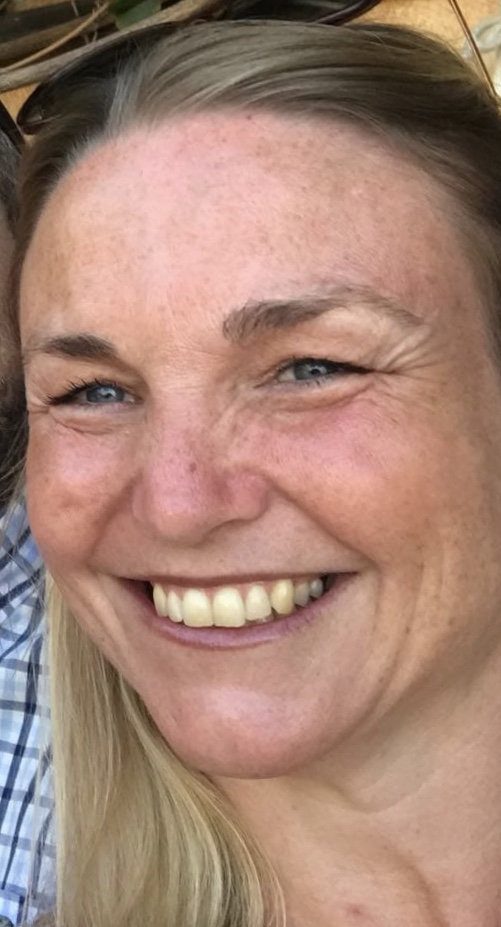Surgical Care Practitioner
Surgical Care Practitioner
Katrina Hair
 Katrina is a newly appointed trainee Surgical Care Practitioner (SCP) for the hand and wrist service at North Tees and Hartlepool NHS Foundation Trust. An experienced scrub, operating department practitioner for 12 years, seeking a new challenge Katrina joined the department in April 2019.
Katrina is a newly appointed trainee Surgical Care Practitioner (SCP) for the hand and wrist service at North Tees and Hartlepool NHS Foundation Trust. An experienced scrub, operating department practitioner for 12 years, seeking a new challenge Katrina joined the department in April 2019.
Katrina is following the Royal College of Surgeons supported Curriculum Framework for Surgical Care Practice at Edgehill University, Manchester. The 2-years Masters’ programme incorporates both core and speciality (trauma and orthopaedics) knowledge and skills acquisition within academic and clinical settings. Sanjay Miranda is Katrina’s clinical mentor, supporting her training, knowledge and skill development. When qualified and as a member of the extended surgical team (under Consultant surgeon direction and supervision), Katrina will support the rapidly developing hand and wrist service within both elective and trauma clinical and surgical settings, offering pre- and post-operative patient care. In time, Katrina expects to autonomously perform her own injection lists and review clinics.
Background to SCP’s and MAP’s
In response to the demand on organisations to maintain delivery of continuous, safe, efficient and effective, healthcare, new professional roles have emerged within multi-disciplinary teams. One of these roles is the surgical care practitioner (SCP). Along with associate critical care practitioner, anaesthesia associate and physician associate, the four roles are grouped together under a medical associate profession (MAP) umbrella. Under supervision MAP’s carry out work traditionally undertaken by doctors in training (Royal College of Surgeons (RCS), 2016; Department of Health & Social Care, 2019).
The modern surgical team is extended by the SCP. The SCP role increases the capability of the surgical team and supports continuity of care under Consultant surgeon supervision (RCS, 2018). The SCP can cover all aspects of the patient’s perioperative journey from clinic through to post-operative care (RCS, 2014). The scope of practice and clinical tasks of the SCP vary depending on department needs, service, Trust guidelines, support and details outlined in the individual SCP’s job description. Expected to perform autonomously at an advanced level with appropriate clinical decision-making skills, the SCP is clinically responsible to the Consultant surgeon and accountable for their actions and omissions to their Professional regulatory body (Wicker and Dalby, 2016).